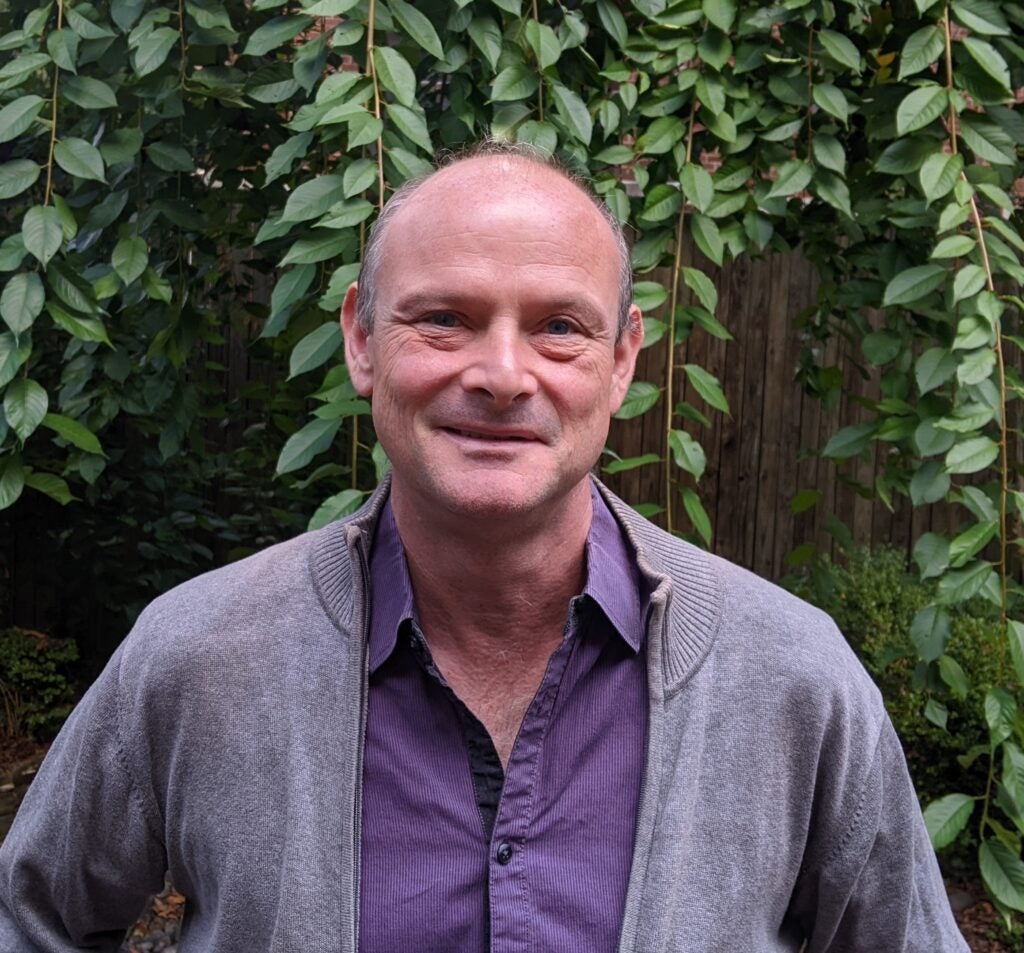EJP scholars advance work on water quality, human-nature connectedness
Frédéric Mortier, senior statistician and associate research professor at EJP until this past summer, has published “Mapping global hotspots and trends of water quality (1992-2010): a data driven approach” in Environmental Research Letters.
Pauline Smith, who was a postdoctoral researcher at EJP from 2021 -23, presented her work on “Expanding the Horizons of Human-Nature Connectedness: Beyond Western-Centric Perspectives” at the RSD12 symposium in October.

For the last 20 years, Mortier has worked on various aspects of applied statistics, with a focus on the development and the application of modern statistical tools in ecology, quantitative population genetics, and macroeconomy. His statistical expertise includes multivariate models taking into account spatial dependencies in large datasets, variable selection, mixture models, Bayesian inference and machine learning. In particular, he has used these models to understand the impact of global changes on tropical ecosystems.

Until her departure, Smith worked at EJP on better understanding our relationship with nature and our motivations for more sustainable behavior, particularly through the concept of nature connectedness and how it can be a powerful driver of commitment to a more sustainable lifestyle as well as a source of happiness. She explored nature connectedness as well as other drivers of sustainable behavior such as empathy, risk preferences, and personal experiences of contact with nature, in people ranging from college students to farmers.
